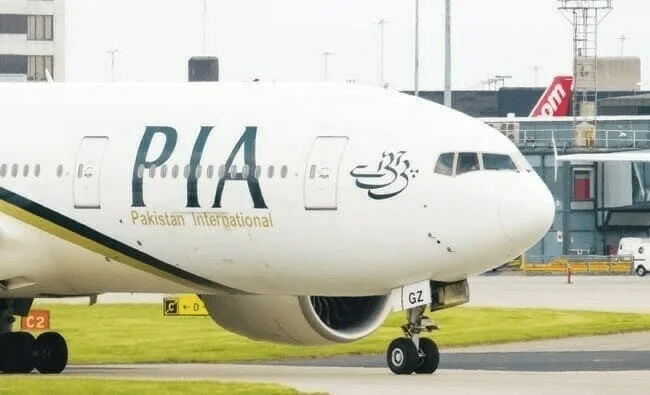Pakistan’s national carrier, Pakistan International Airline (PIA), on Thursday, issued a statement announcing its decision to ground 150 pilots after a probe following last month’s plane crash in Karachi which claimed 97 lives. The spokesperson for the airline, Abdul Hafeez, reiterated that safety was PIA’s top priority and that a process to scrutinize pilots unfit to fly had been initiated.
Pakistan International Airline made this announcement after the aviation ministry released appalling figures. As per Ghulam Sarqar Khan, the aviation minister, 262 out of 860 pilots were holding fake licenses.
Such a statement caused quite a stir in the country, especially for the families of those who perished in the crash. It is important to keep in mind that Pakistan has one of the highest numbers of air crashes over the past decade as compared to any other country.
No details about alleged cheating methods or issuance of bogus certificates from the PCCA, the Pakistan Civil Aviation Authority was released following the statement. However, some officials, who spoke anonymously, have shed light on how many pilots have bribed their way through exams-implying that they have the skills to fly aircraft, but lack the relevant technical knowledge. They also gave details of four pilots fired from PIA over false certifications.
After the outcry on the crash, Pakistan announced further investigations into the matter. The ministry released its preliminary findings on Wednesday. About the crash, the Aviation Minister said that both, the pilot as well as the first officer of the plane, were qualified and medically fit to fly. However, the pilot failed to complete a landing attempt and ignored repeated warnings from the Air Traffic Control. Upon his second attempt, he ignored the warnings. It is also apparent that ATC did not inform the pilot of the damage caused to the aircraft’s engines after it’s the first failure landing failure. The PIA spokesperson also mentioned that notices were being issued to pilots whose paperwork seemed incomplete or shady.



![Ukrainian and Russian flags with soldier silhouettes representing ongoing conflict. [Image via Atlantic Council].](https://southasiatimes.org/wp-content/uploads/2026/02/2022-02-09T000000Z_1319661209_MT1NURPHO000HXCNME_RTRMADP_3_UKRAINE-CONFLICT-STOCK-PICTURES-scaled-e1661353077377.jpg)


